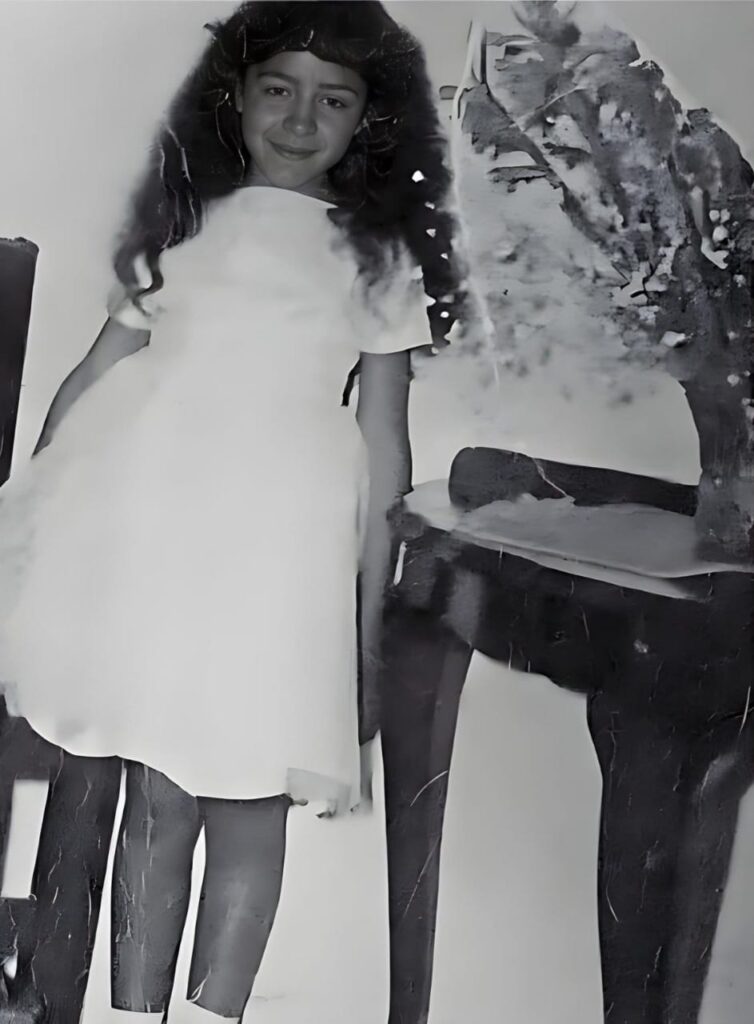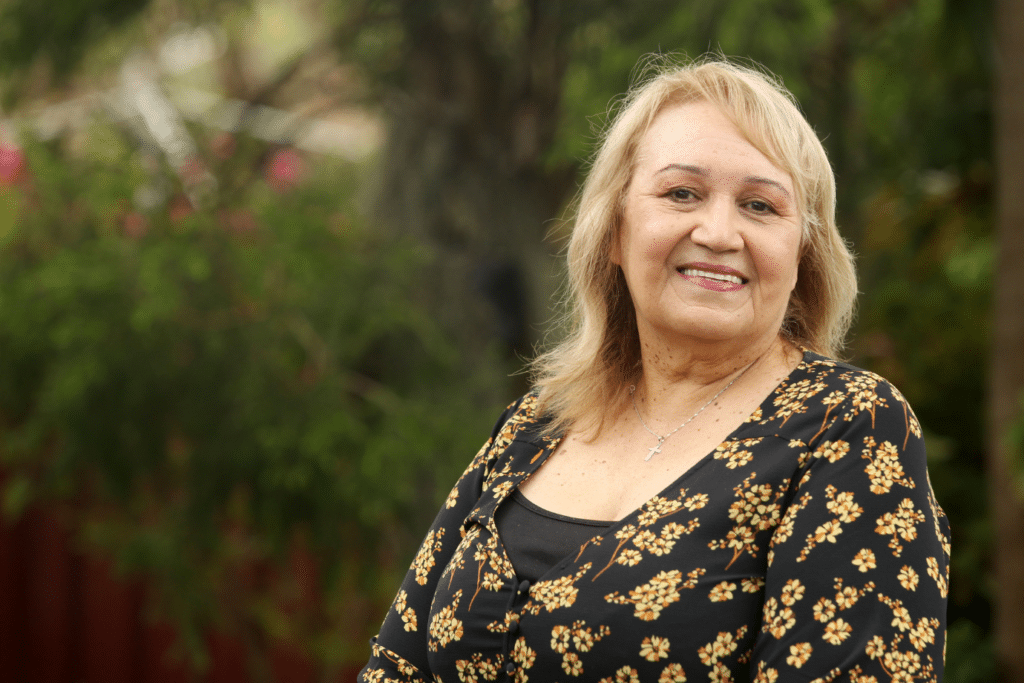Today, the 18th July, 2024, Nelson Mandela would have turned 106.
His death at the age of 95 in 2013 evoked a deep sense of grief and loss not only to his family and the nation but to millions around the world who admired him.
It was a stark reminder of the sacrifices that were made for the freedom South Africans now enjoy.
To honour former President Nelson Mandela’s memory, in 2009, the United Nations declared 18 July, the day of his birth as Mandela Day.
Having grown up under the dehumanising National Party rule, where I was classified as a coloured and banished to a life of hardship and deprivation, I feel the pain of those who are still battling that trauma.

But after 36 years living a free life in Australia, I’m proud President Nelson Mandela’s legacy lives on in the hearts of those who continue to fight for justice and equality.
On this day, South Africans and people around the world have an opportunity to emulate his life of sacrifice and service, by performing 67 minutes of charity. The significance of the 67 minutes reflects his 67 years of fighting for justice.
For me, his death in 2013 was a catalyst to preserve the memories of my own home to pass down to future generations so they may never forget where they came from.
To do this, I wrote my memoir A Darker Shade of Pale. Memories of a place called home, long stored away, came flooding back.
The coloured girl classification was a constant battle against discrimination, marginalisation, and injustice. Those feelings of fear, anger, and frustration at the systemic racism and segregation that surrounded me, served as a constant reminder of my inferior status in that society.
Denied access to quality education, healthcare, and employment opportunities.
The lasting wounds and scars left by the forced removals under the Group Areas Act which forced us to live in overcrowded and under resourced communities, where poverty was rampant remain embedded in my psyche to this day.
In every aspect of my life, I faced discrimination – from being denied entry into certain public places to facing harassment for sitting on the wrong bench.
Oblivious though, to the fact that just over the bushes, on the other side of the railway line, children my age with white skin were living more privileged lives.
Through my writing, I relived the smells of my mother’s cooking, the sound of my father’s voice telling stories of injustice and instilling in us that we are just as good as people with white skin.
These memories were bittersweet, a reminder of a life left behind but also a testament to the resilience and strength of our family.
As I continued to write, I realised that home is not just a physical place, but a feeling of belonging and connection to the people and the memories that shaped us.
It should be a place where we feel safe, loved, and understood. A place where we can be ourselves without fear of judgment or persecution. We were robbed of that growing up under the apartheid era.
When I published my book, I felt a sense of peace and closure. I realised that no matter where life takes me, the memories of my home will always be with me, guiding me and shaping me into the person I am today.
This year, as a family, we celebrate 36 years in Australia and each year I continue to donate wool to a knitting group in Cape Town as part of my 67 minutes for charity.
Our children, we are onto our fourth generation, have grown up free of legislated racism and discrimination. And for that, I am eternally grateful.


